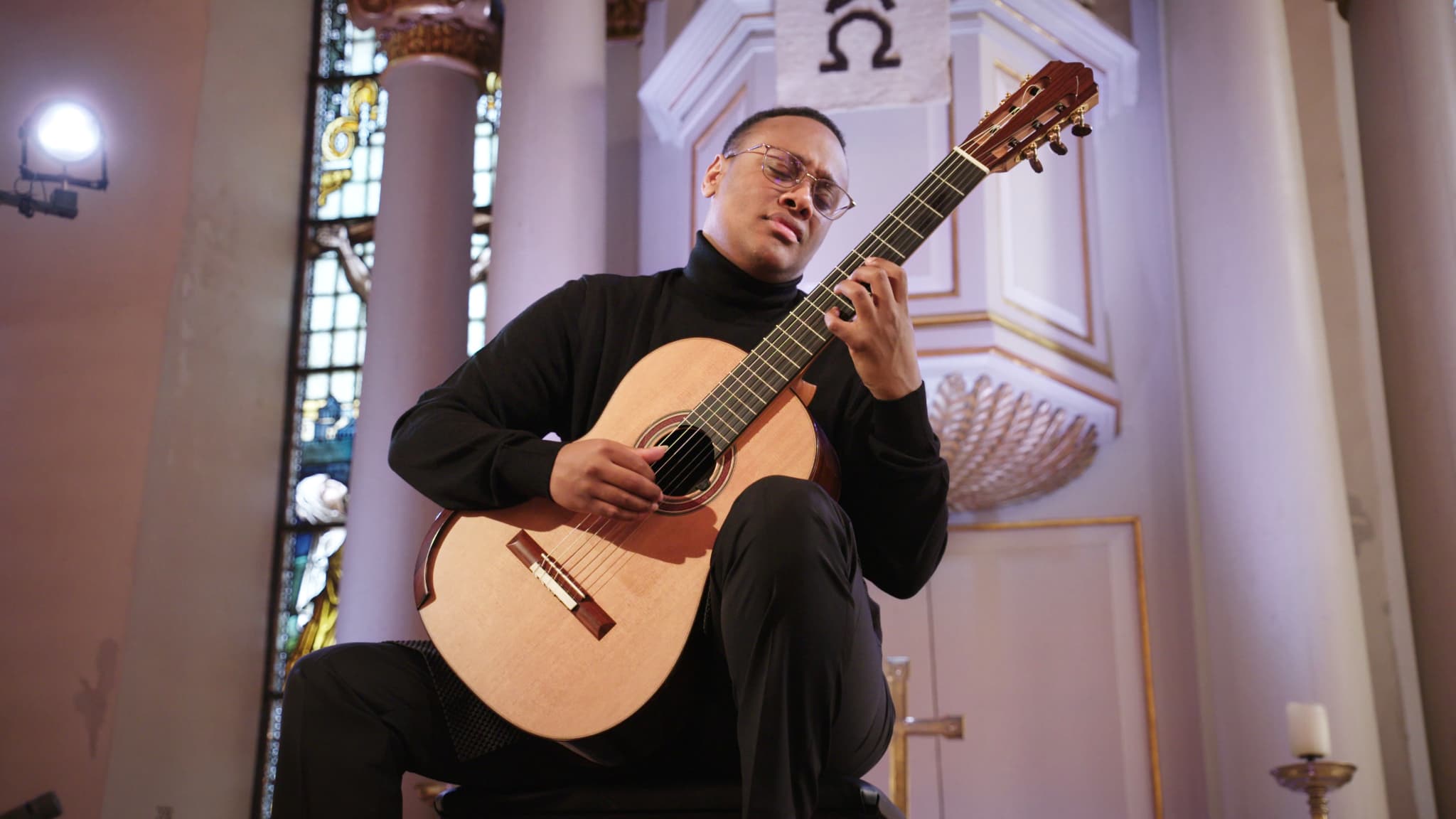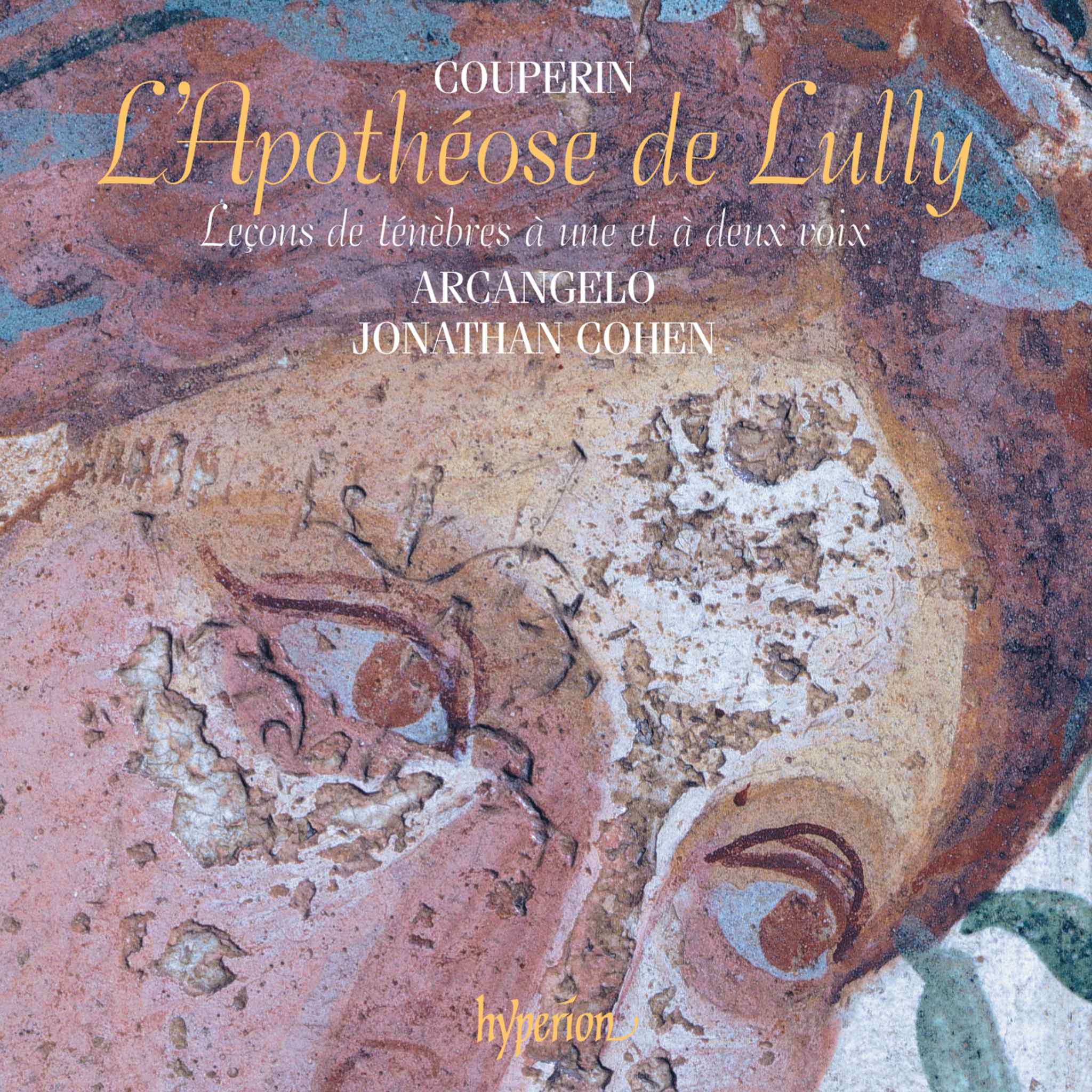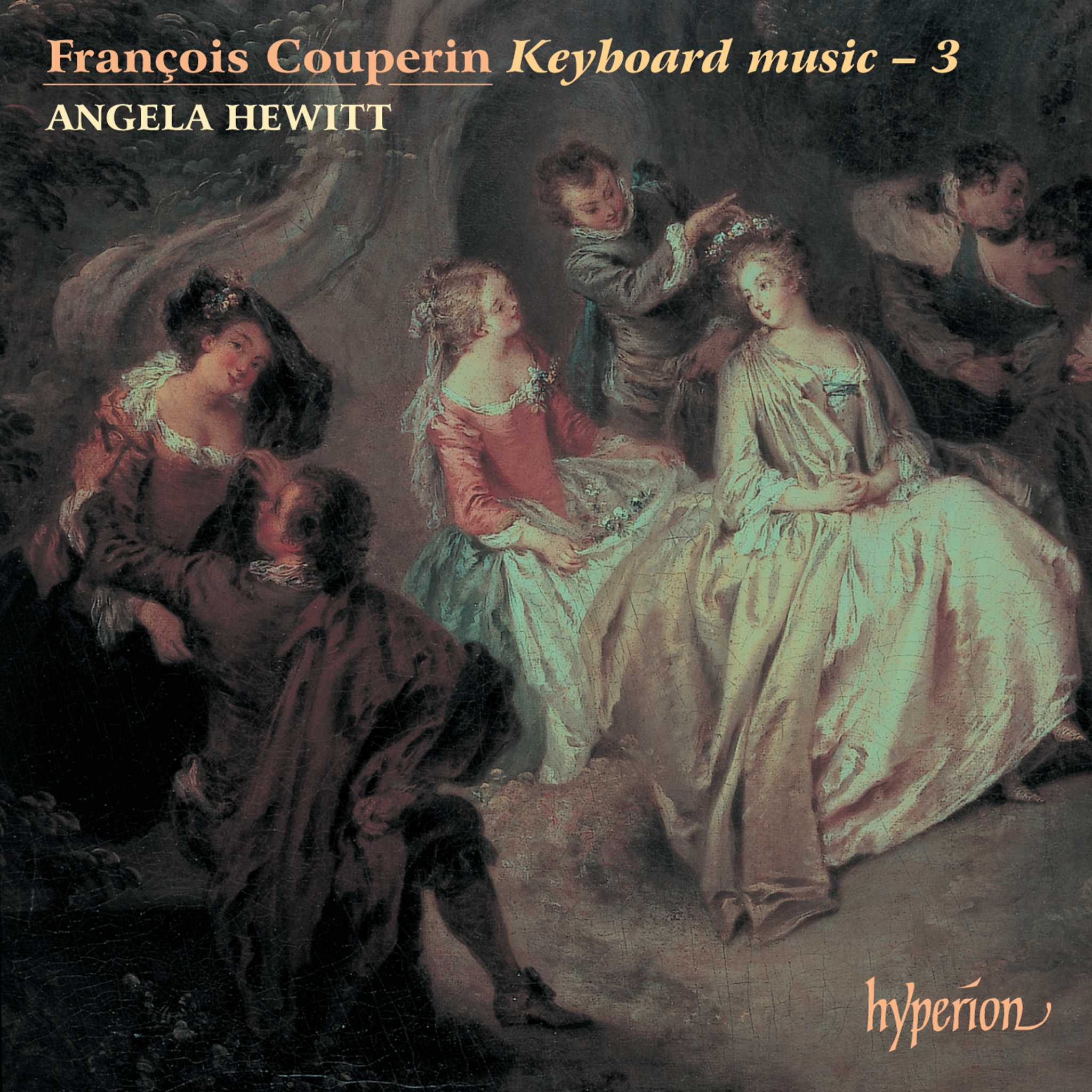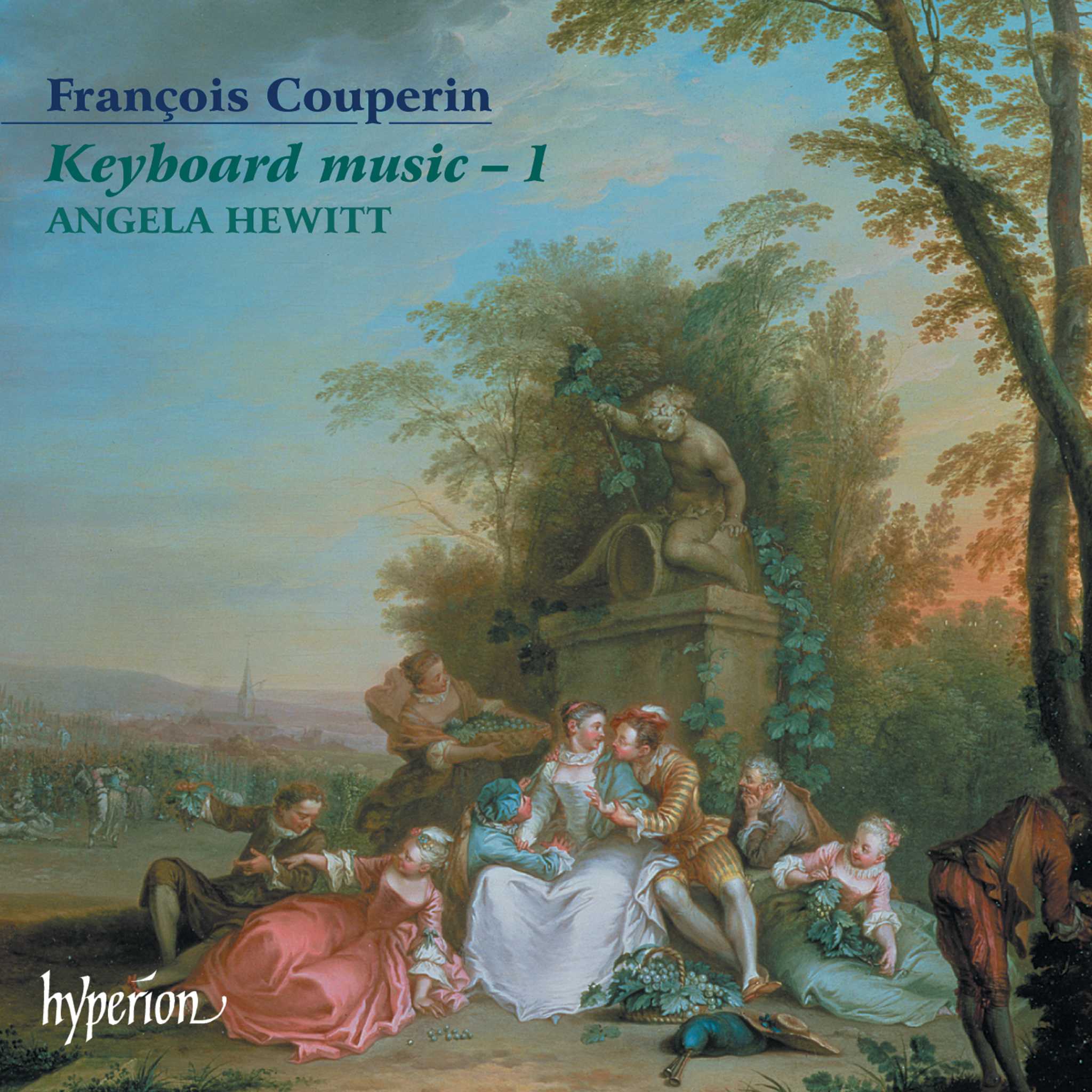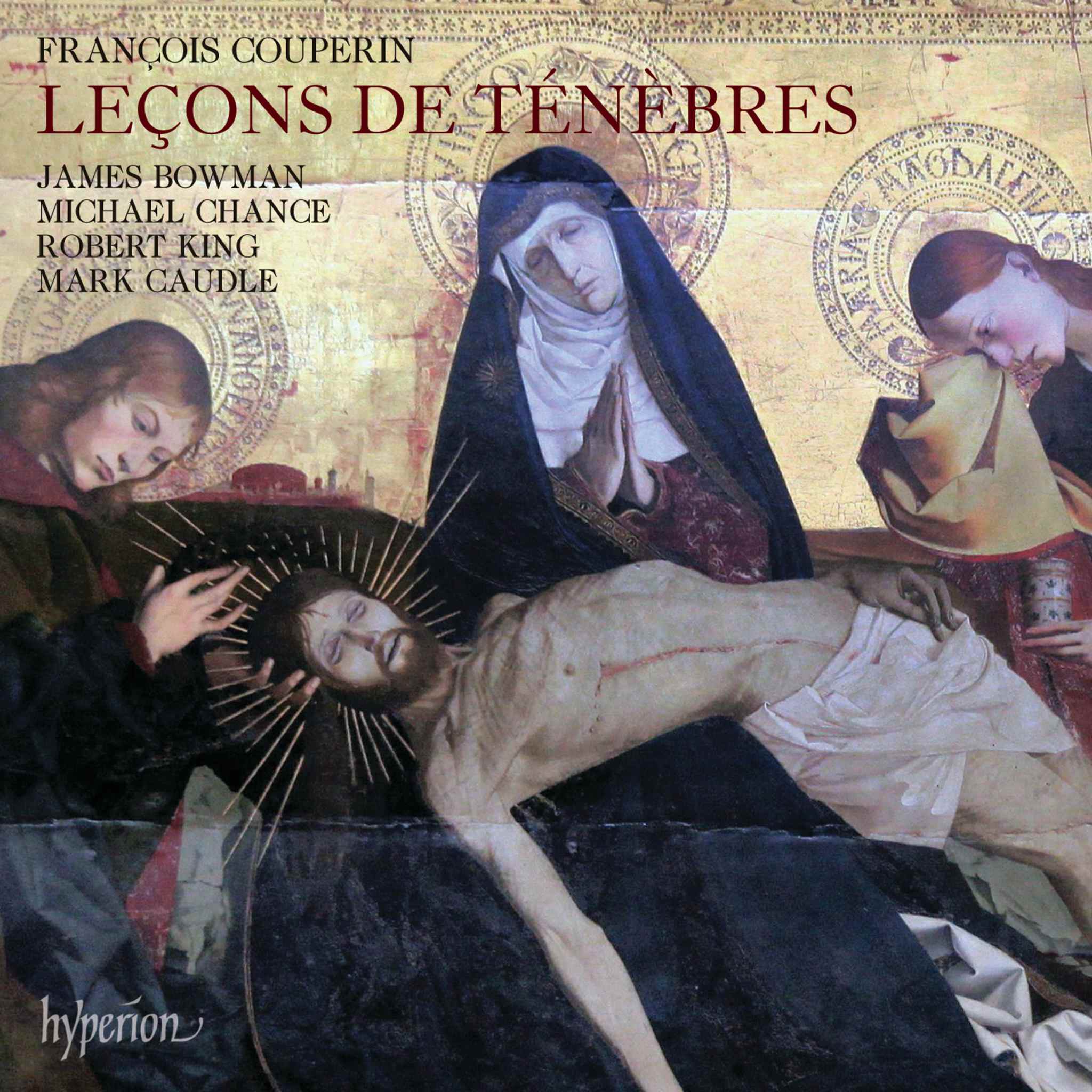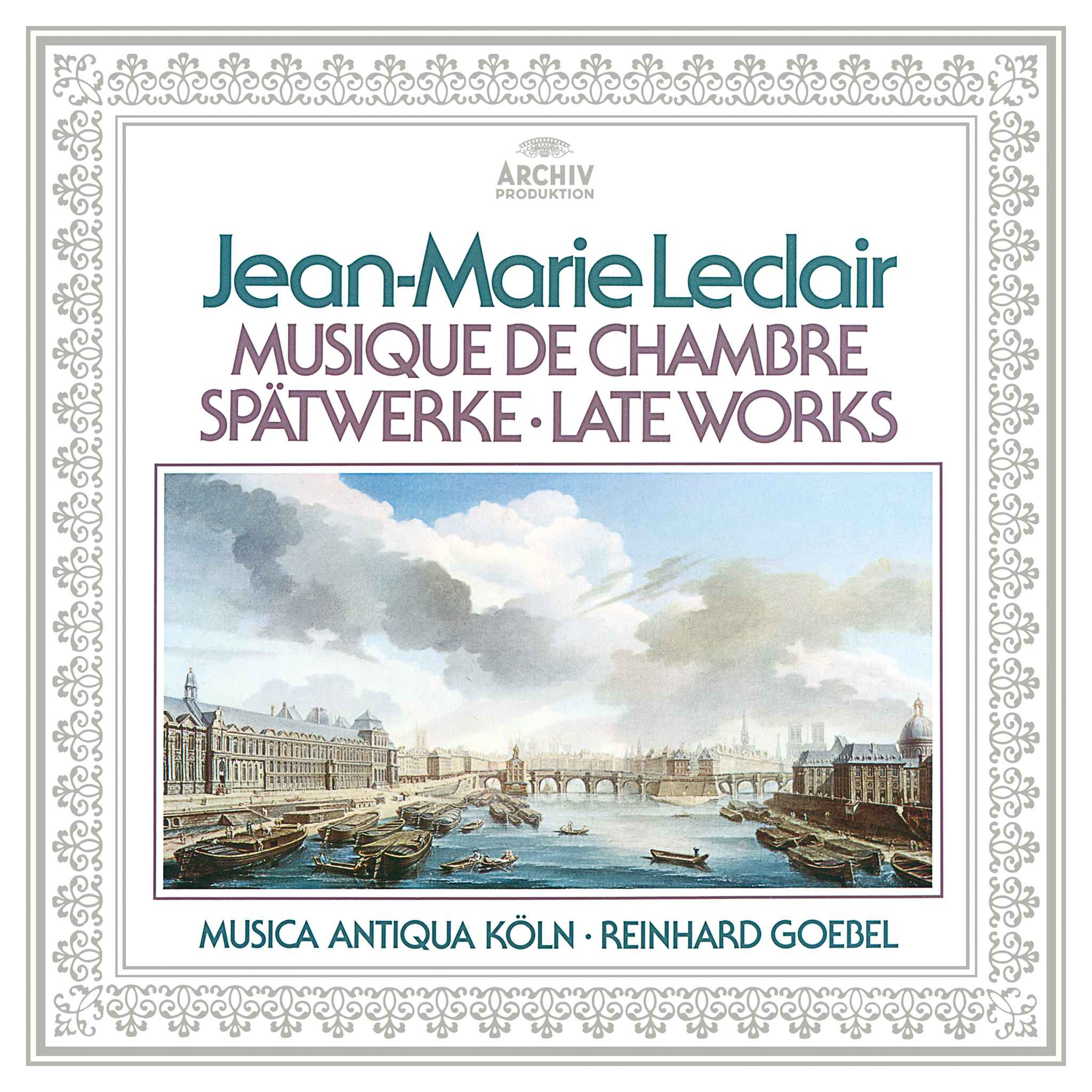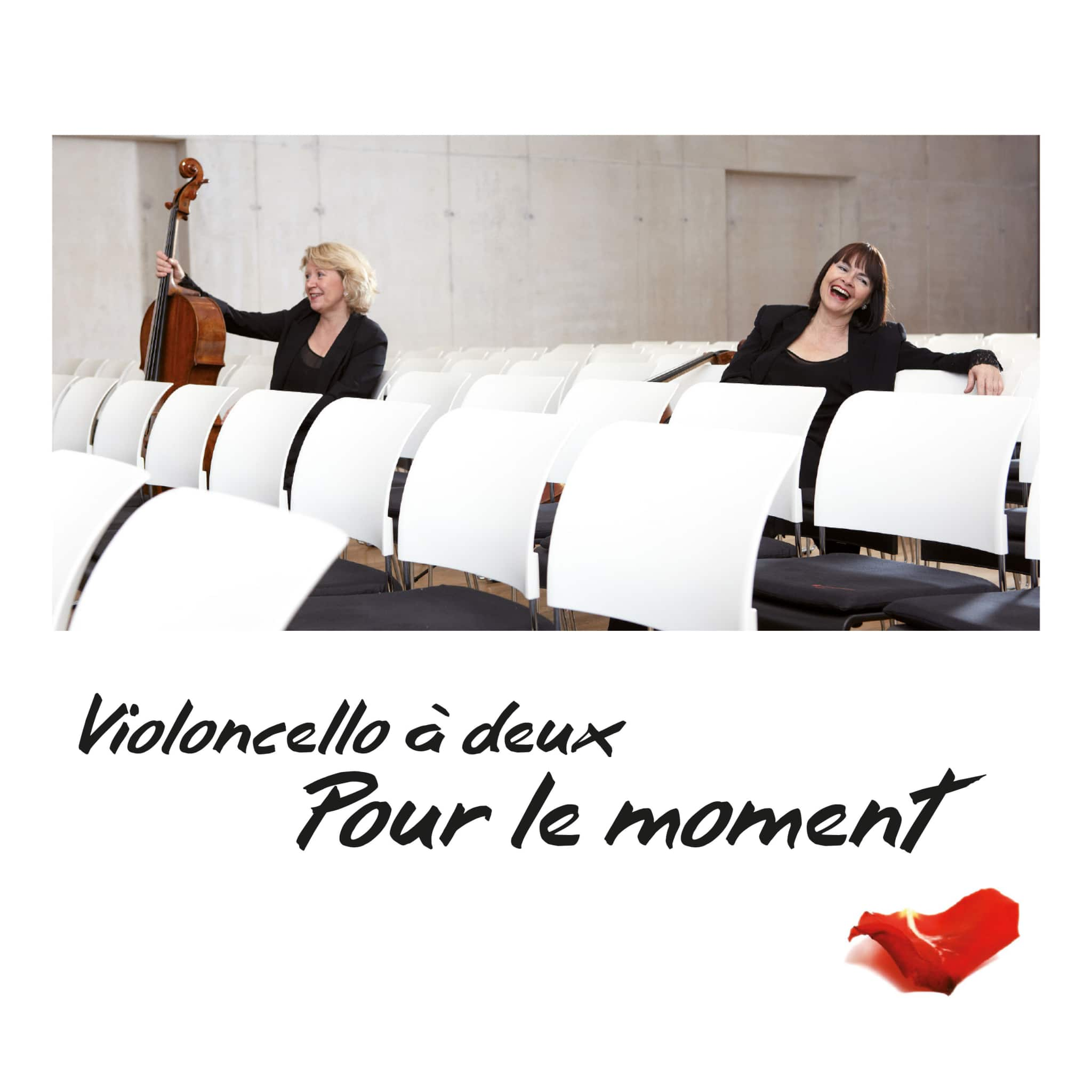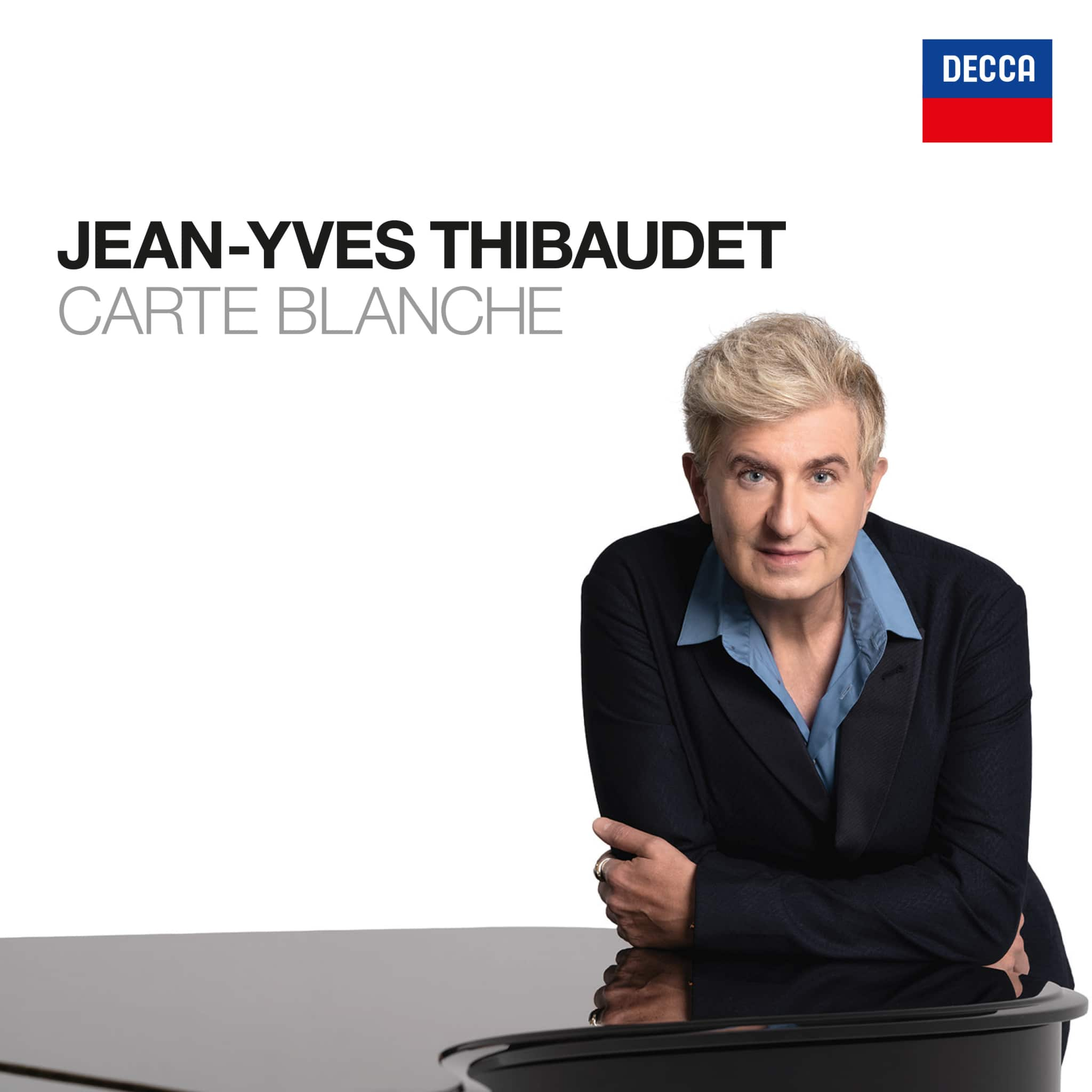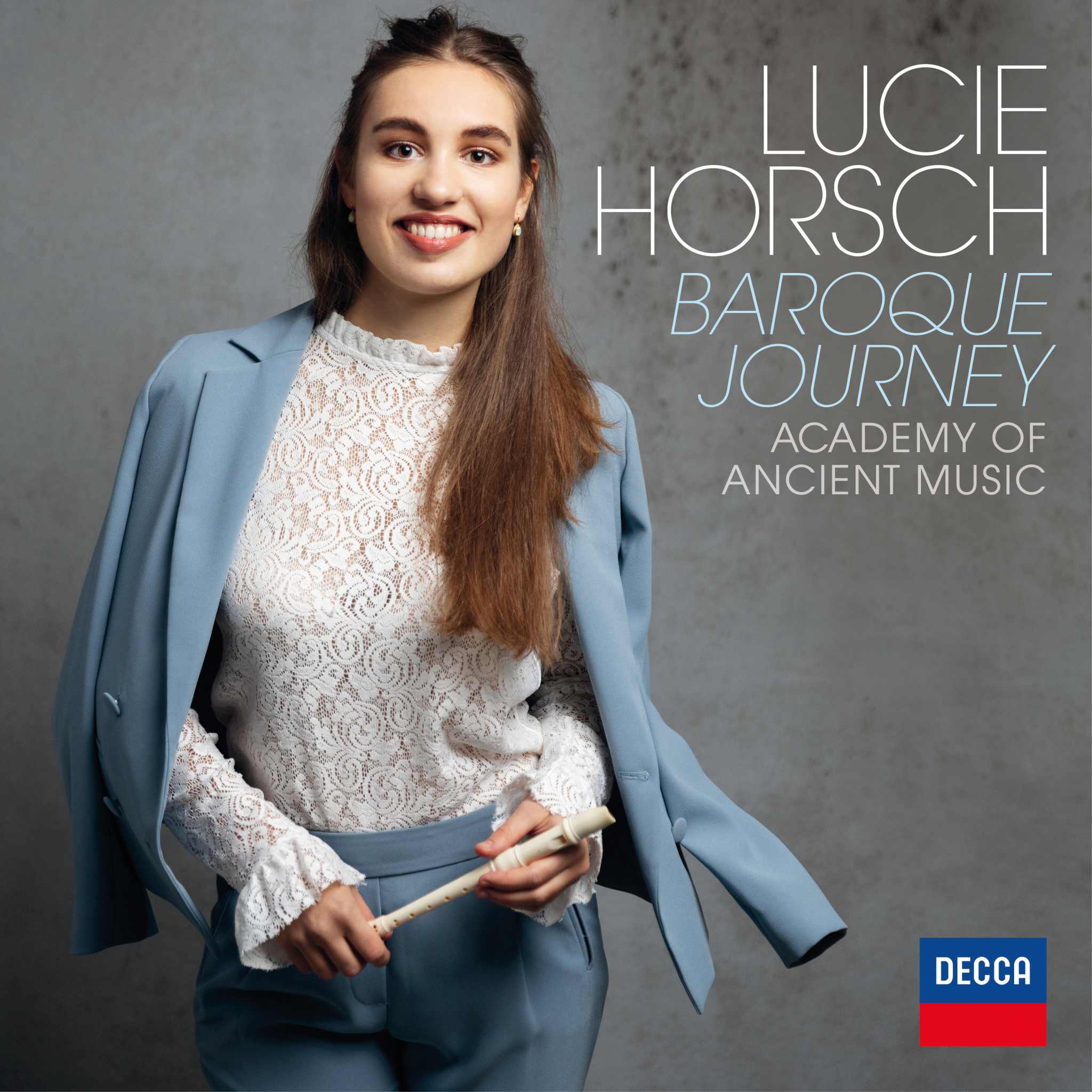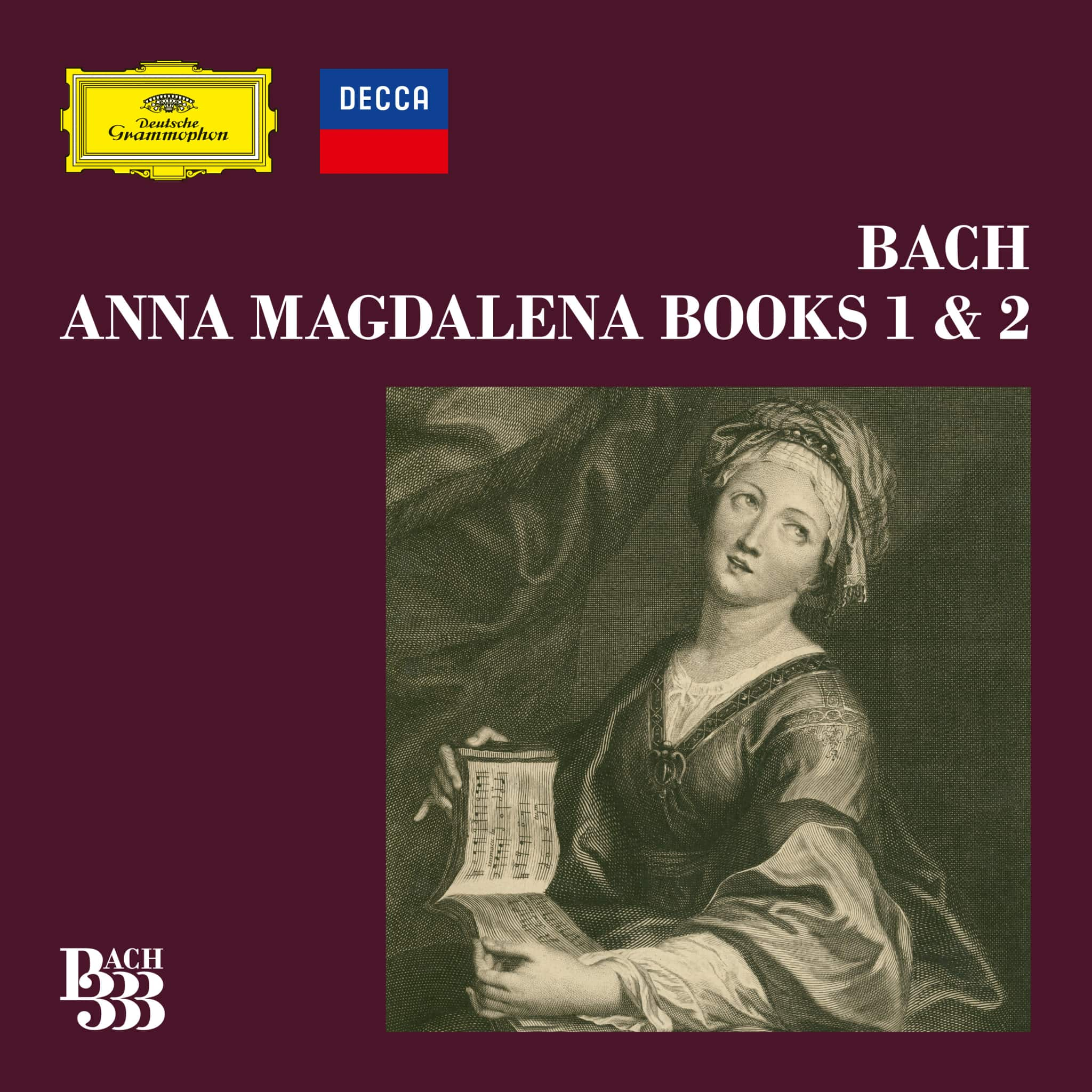Fascinating Works by François Couperin: A Journey into Keyboard Music History
Discover the captivating works of organist François Couperin and delve into the intriguing world of keyboard music from the Age of Louis XIV. Experience his exceptional contributions to Baroque music through his volumes of organ and harpsichord works.
The Brilliance and Influence of François Couperin
François Couperin, affectionately known as "le Grand," emerged from a lineage of gifted organists, harpsichordists, and composers. Mastering the organ and harpsichord, Couperin etched his name among notable figures such as Lully, Marin Marais, and Marc-Antoine Charpentier, epitomizing the brilliance of the Age of Louis XIV.
His remarkable abilities were nurtured under the guidance of his father, Charles Couperin, and Jacques Thomelin, the esteemed organist at St Jacques-de-la-Boucherie. It is speculated that the renowned Michel-Richard de Lalande may have given lessons on both the organ and harpsichord to the young Couperin.
In 1693, Thomelin's position as one of the four organists at the Chapelle Royale was passed on to Couperin. Shortly thereafter, Couperin earned the title of royal harpsichordist, instructing the Duke of Burgundy along with other young nobles.
His sphere of influence didn't stop there, as Couperin continued to share the secrets of his craft with private students, profoundly influencing the future of music. As his health declined, he handed his duties at St Gervais to his cousin, Nicolas, and sold his Chapelle Royale position to Louis Marchand.
Couperin's influence remains indelible in the history of Baroque music. Although his repertoire boasts a wide array of sacred music, it's his collection of harpsichord and organ works that resonate most profoundly. The four volumes of Livres de pièces de clavecin undoubtedly rank as the crowning achievement of the French harpsichord school, cementing François Couperin's legacy.
François Couperin: Life and Legacy
Born on November 10, 1668, in Paris or St. Gervais, depending on sources, François Couperin was part of a distinguished musical dynasty spanning generations. He died on September 11, 1733, in Paris, leaving behind a rich legacy of Baroque music.
Couperin's artistic contributions were vast and varied. His works included sacred music such as Tenebrae, versets, motets, Élévations, keyboard suites, and chamber music. His masterpieces include the four Livres de pièces de clavecin (Books of Harpsichord Pieces), L'Art de toucher le clavecin (an educational work on keyboard technique), and Leçons de ténèbres. His style bridged French and Italian musical traditions, blending the elegance of French classicism with the innovations of Italian Baroque.
Couperin's influence was highly significant on later composers, including J.S. Bach, through his keyboard writings and compositions.
Featured Works and Performances
François Couperin’s keyboard works, celebrating his status as a master of the harpsichord, are available in various editions and recordings. His sacred works, such as Leçons de ténèbres (Tenebrae lessons), and his tribute to the great Jean-Baptiste Lully, L'Apothéose de Lully, a chamber work, are also notable. The James Bowman Collection features interpretations of Couperin’s sacred and secular music.



